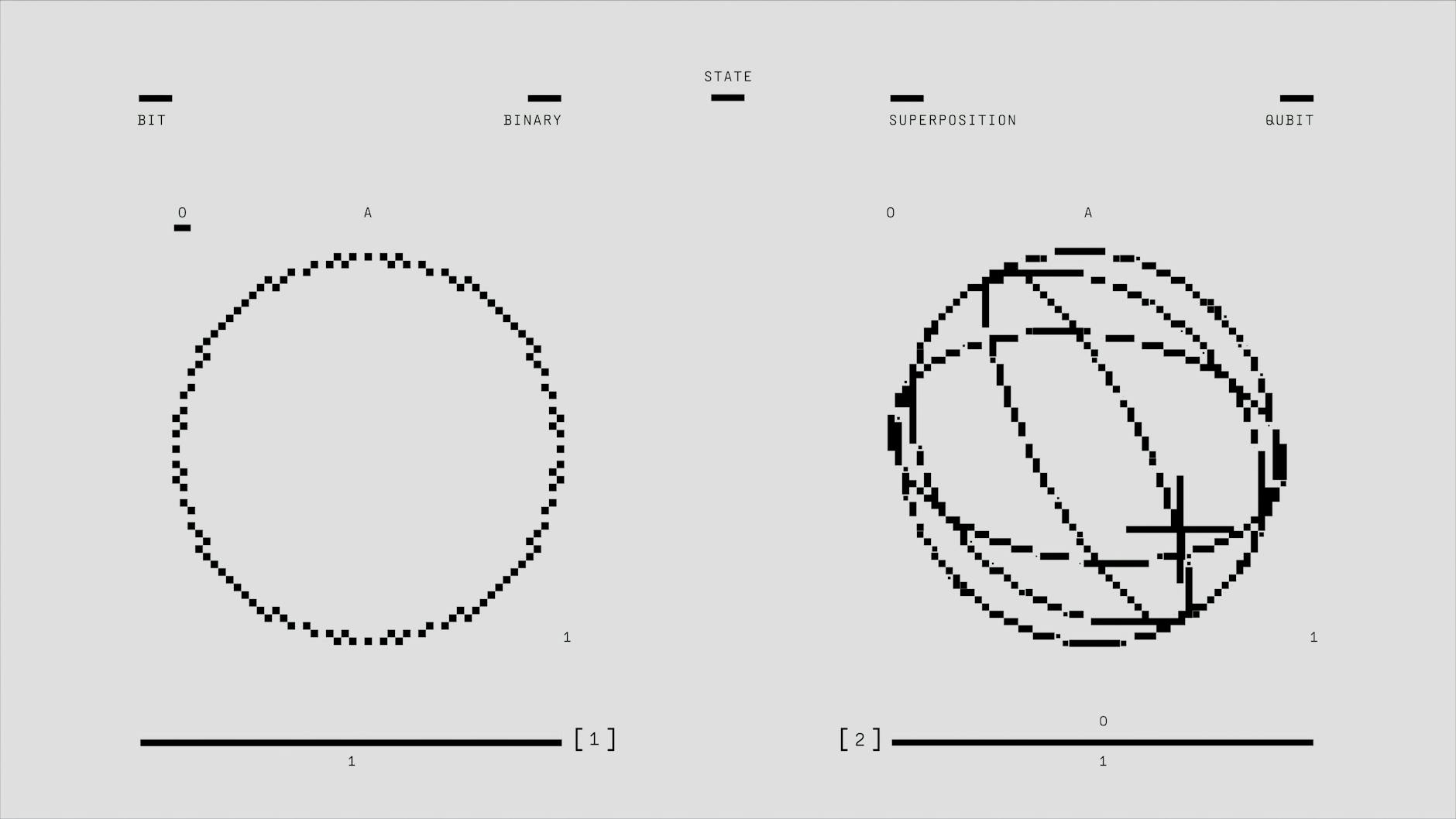The Rise of Quantum Computing in Cybersecurity

Exploring the Potential Impact
Quantum computing is becoming more prevalent in the field of cybersecurity, offering both new opportunities and challenges for businesses and organizations.
Key Differences from Traditional Computing
Unlike classical computers that use bits, quantum computers use quantum bits (qubits) that can exist in multiple states simultaneously. This allows for exponentially faster processing speeds and the ability to solve complex problems that are currently infeasible for classical computers.
Applications of Quantum Computing in Cybersecurity
- Encryption and decryption: Quantum computers have the potential to crack traditional encryption methods, leading to the need for quantum-safe cryptography.
- Secure communication: Quantum key distribution enables the secure exchange of encryption keys by leveraging the principles of quantum mechanics.
- Vulnerability testing: Quantum computers can simulate and test the vulnerabilities of existing encryption algorithms, helping to identify and address weaknesses.
Challenges and Considerations
While quantum computing offers significant benefits, it also introduces new risks such as the potential for quantum attacks on current cryptographic systems. Organizations need to start preparing for the era of quantum computing by investing in research, education, and the development of quantum-resistant security measures.





